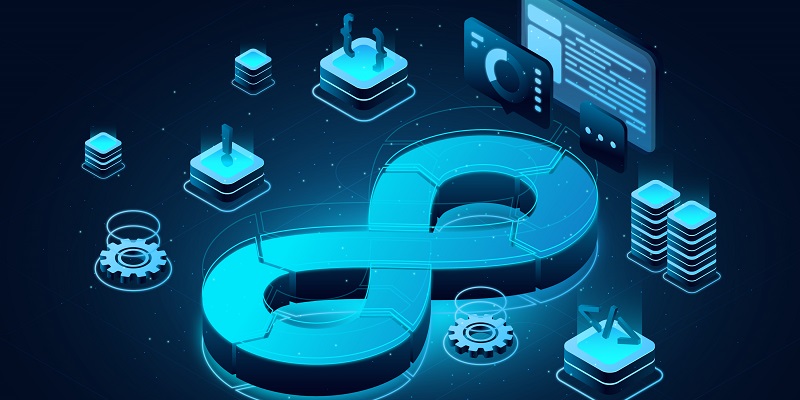In today’s fast-paced technological landscape, software development methodologies play a crucial role in ensuring efficiency, quality, and adaptability. As the demand for innovative software solutions continues to grow, the need for streamlined and effective development processes becomes increasingly paramount. Over the years, software development methodologies have evolved significantly, driven by the relentless pursuit of improvement and the ever-changing demands of the industry.
The Origins of the Waterfall Model
One of the earliest and most influential software development methodologies is the Waterfall model. Developed in the 1970s, this structured approach derived inspiration from the manufacturing and construction industries. The Waterfall model follows a sequential process, with each phase completed before moving on to the next. This model appealed to many organizations at the time due to its clear and linear structure. However, it soon became evident that the Waterfall model had limitations, particularly in accommodating changes during development and incorporating customer feedback.
Agile Methodologies
Recognizing the shortcomings of the Waterfall model, the Agile movement sought to revolutionize software development. Agile is not a single methodology but a set of principles and values that emphasize adaptability, customer collaboration, and continuous improvement. Agile methodologies, such as Scrum and Kanban, broke down projects into small, manageable pieces called “sprints” or “iterations.” This allowed for frequent reassessment and adaptation of plans, enhancing collaboration between development teams and stakeholders. Agile methodologies proved to be highly successful in delivering faster and more customer-centric results.
The emergence of DevOps
As software development and infrastructure management became more intertwined, there arose a need for a methodology that would enhance efficiency and reliability. Enter DevOps, a cultural shift that fostered closer collaboration between development and operations teams throughout the entire software lifecycle. DevOps emphasized automation, continuous integration, and continuous delivery to streamline processes and ensure the rapid and reliable delivery of software solutions. By breaking down silos and fostering greater communication and coordination, DevOps revolutionized the way software was developed and deployed.
AI-Driven Development
With the advancements in artificial intelligence (AI) and machine learning, the software development landscape has witnessed the emergence of AI-driven development. This methodology refers to the integration of AI and machine learning technologies throughout the software development process. AI can automate many aspects of development, including code generation, testing, and even bug detection. By leveraging AI, developers can significantly improve efficiency, reduce the potential for human error, and enhance the overall quality of software solutions.
Harnessing the Power of Low-Code/No-Code Platforms
In parallel with AI-driven development, the rise of low-code/no-code platforms has disrupted the traditional software development landscape. These platforms allow users, even those without extensive coding knowledge, to create software through graphical user interfaces and configuration, rather than traditional hand-coded programming. Low-code/no-code platforms offer a visual development environment where components can be assembled, customized, and connected to create complex applications quickly and effectively. This not only accelerates the development process but also increases accessibility and inclusiveness within the software development industry.
The Potential Impact and Transformation of the Software Development Industry
The integration of AI-driven development and the rise of low-code/no-code platforms have the potential to significantly transform the software development industry. These advancements promise increased efficiency, quicker development cycles, reduced costs, and improved accessibility. AI-driven development streamlines and automates various repetitive tasks, allowing developers to focus on more complex challenges. Additionally, low-code/no-code platforms democratize application development, enabling individuals without extensive coding knowledge to actively contribute to software solutions. This transformation ensures that software development becomes more efficient, accessible, and inclusive, ultimately driving innovation in the industry.
The evolution of software development methodologies is a testament to our continuous pursuit of efficiency, quality, and adaptability. From the Waterfall model’s structured approach to Agile methodologies’ emphasis on adaptability and collaboration, the industry has made significant strides in improving development processes. DevOps has revolutionized the way development and operations teams work together, enhancing efficiency and reliability. AI-driven development and low-code/no-code platforms bring automation and increased accessibility to the forefront, promising to revolutionize how software solutions are created. By embracing these advancements, the software development industry can continuously evolve and meet the ever-growing demands of the digital era.

